What if time resets after every death?
What If Time Resets After Every Death?
Introduction
I’ve had dreams where I die only to wake up moments later, somewhere else entirely—like the timeline itself just flipped the switch. It’s a chilling thought: what if death doesn’t mean the end, but a reset? That every time someone dies—usually only the you who died—the world’s clock flips back, and we all relive a moment in time again. In 2025, physics, philosophy, and speculative fiction are exploring this eerie possibility. Let’s dive into what it might mean if time resets after every death we experience.
What if time rewinds whenever someone dies?
Imagine a world where your death doesn’t erase your story—it replays it. You die at 30… and the timeline rewinds to, say, age 18. But only your death triggers the reset; everyone else remembers living those years the first time. From your perspective, you wake up again in the past—with memory, life, and opportunity reset.
This idea echoes spiritual beliefs in reincarnation, but plays with time itself. It’s inspired by quantum theories where observation influences reality, and the thought that perhaps consciousness anchors a timeline more than physics. If your death “uncouples” your consciousness from one timeline, maybe that timeline rewinds to where your awareness began.
The result? A world that restores itself when you die, but everyone else’s lives continue—just with your absence in one loop and your presence in another.
Our Thoughts
At EdgyThoughts, this idea feels both unsettling and profound. Imagine the pressure—your life matters so much that its end resets time. Or imagine relief—death is no end, just another chance. Either way, it transforms how we view mortality, purpose, and destiny. Even if it’s just a thought experiment, it shifts our perspective profoundly—and that’s where meaningful questions begin.
Pros and Cons of a Death-Resetting Timeline
| Pros | Cons |
|---|---|
| Offers second chances—lives aren’t over at death. | Raises horrifying ethical questions and paradoxes. |
| Explains recurring déjà vu or realignment feelings. | Could undermine accountability—“I’ll die and reset.” |
| Gives hope in face of mortality. | Breaks everyone else’s continuity unknowingly. |
| Sparks new science fiction and moral exploration. | Potentially insane complexity in records and memory. |
| Blurs life and afterlife into one cycle. | Unprovable—no mechanism, data, or evidence. |
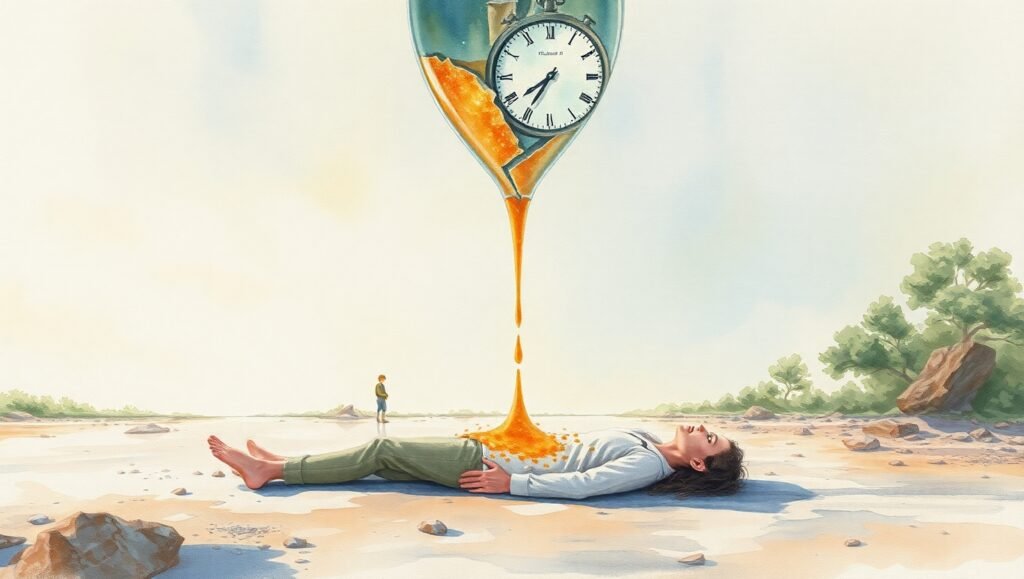
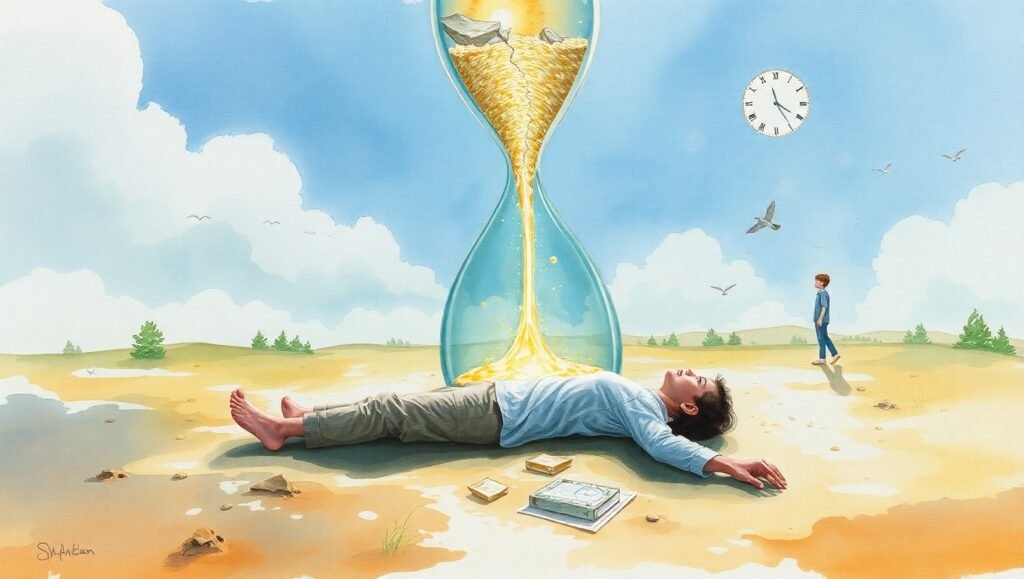
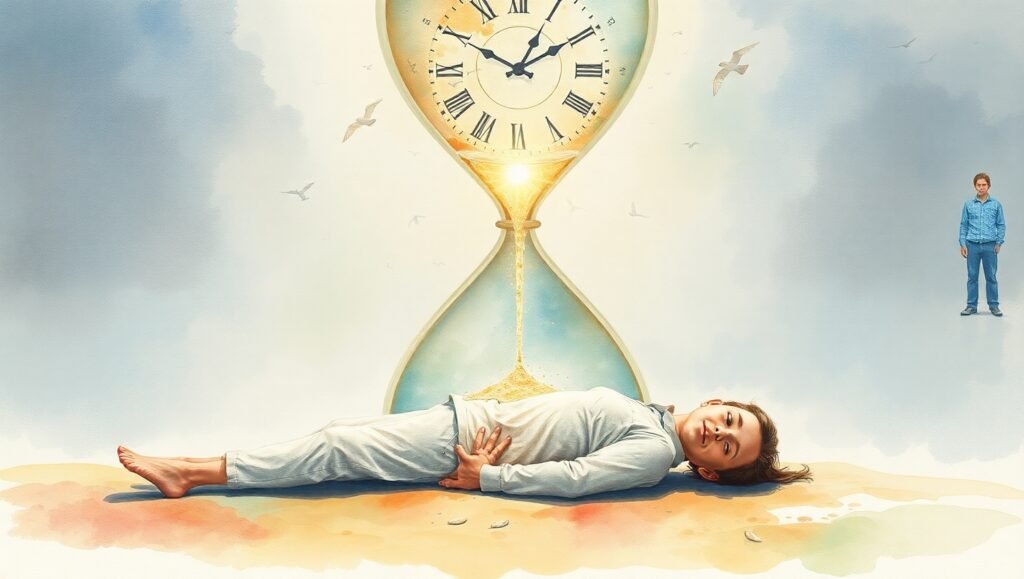
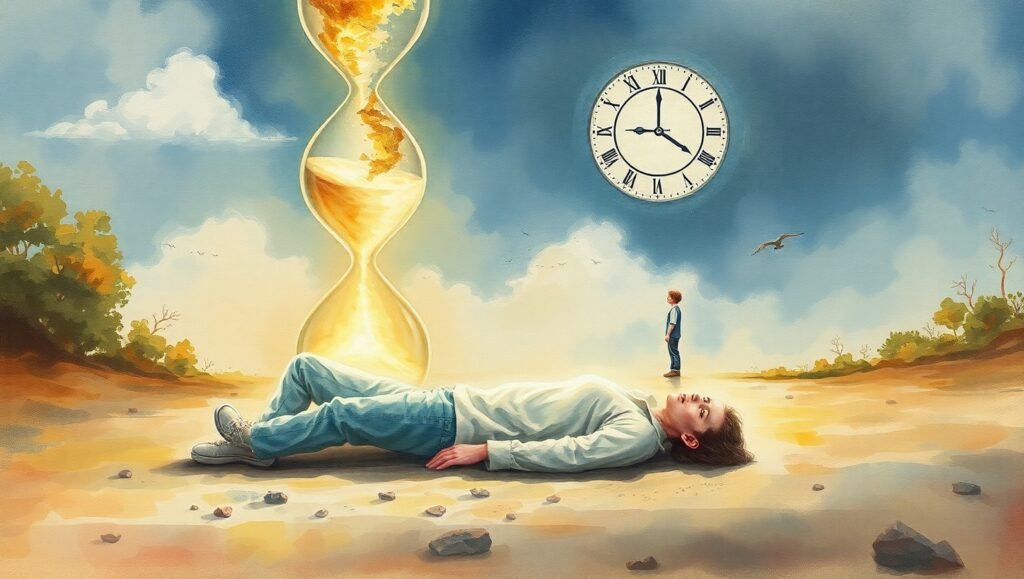
Could time resets explain repetitive experiences?
Yes—this theory offers a new lens on déjà vu, uncanny returns, or dreams. Those moments where history feels like it’s repeating for you—but not for others—could be glimpses of earlier loops. If you’ve ever thought you should remember more, or you’re suddenly in a place you recognize too well, maybe your timeline has reset.
Could society cope if this were real?
Practically? Chaos. If some people can reset their time but others don’t know—messy continuity ensues. Imagine living among people who reset every time they die: who records history? Who protects children? And do “resets” pause progress? But if it only applies to individuals aware enough to notice, perhaps the societal impact is contained within minds that remember.
Either way, our understanding of history, identity, and responsibility must shift dramatically.
Key Points You Should Know
- This idea combines death, memory, and time loops.
- No scientific basis—pure speculation and philosophy.
- It echoes reincarnation and quantum consciousness theories.
- Raises deep ethical and metaphysical questions.
- Unlikely to ever be testable—but ripe for storytelling.
Explaining Each Point
- 1: Time resets only when someone dies, and only that person relives the loop.
- 2: No physics supports this—no particles or fields detected.
- 3: Philosophers and mystics have contemplated consciousness outlasting death.
- 4: If death resets personal timelines, legal, moral, and personal identity become murky.
- 5: As a concept, it shines in fiction. But in real life? It’s unprovable, yet fascinating.
What We Think
We’re not saying this is how the universe works. But the theory is powerful: it reframes death from an end to simply another moment. It disrupts our assumptions about history, legacy, and meaning. Whether or not time resets, asking the question forces us to evaluate what matters—and reminds us that maybe time, in itself, is as fragile and subjective as our memories.
It’s okay to feel both unnerved and hopeful by this idea. Maybe that’s the point.
🔗 Related Articles from EdgyThoughts.com
- How the brain perceives time?
https://edgythoughts.com/how-the-brain-perceives-time/
🌐 External Resource
Explore philosophical and scientific takes on time and consciousness:
Wikipedia – Reincarnation and Consciousness Theories
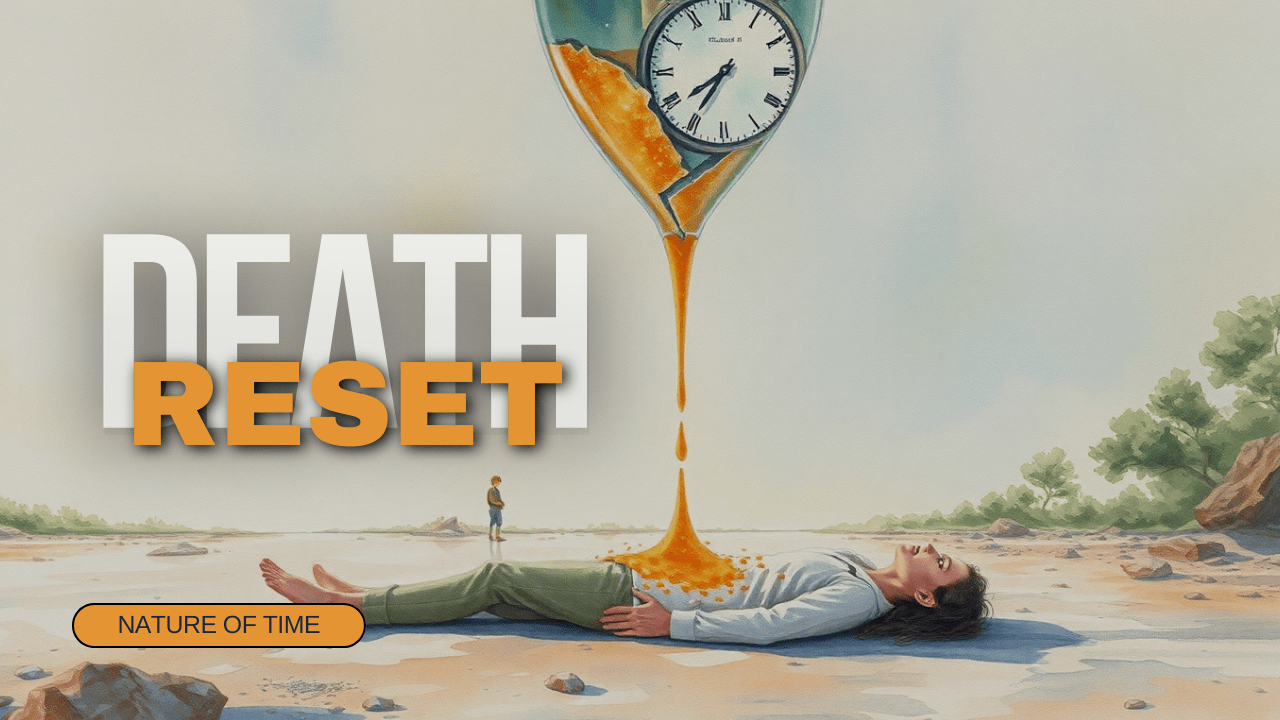
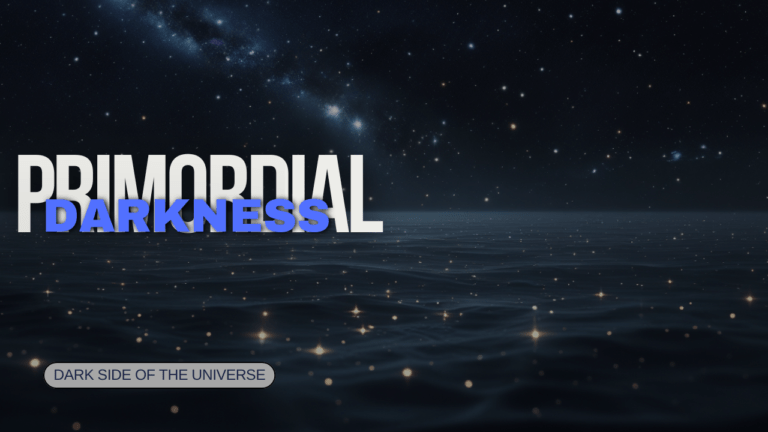
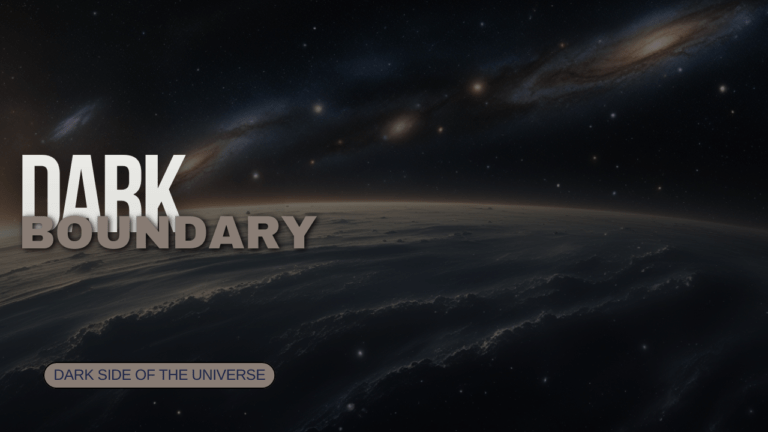
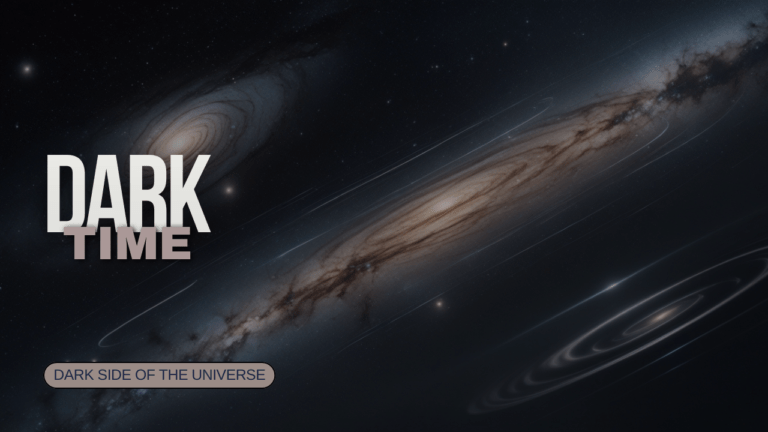
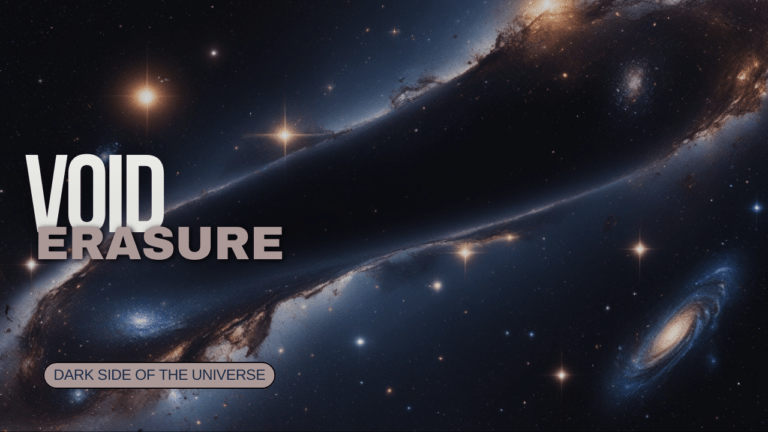
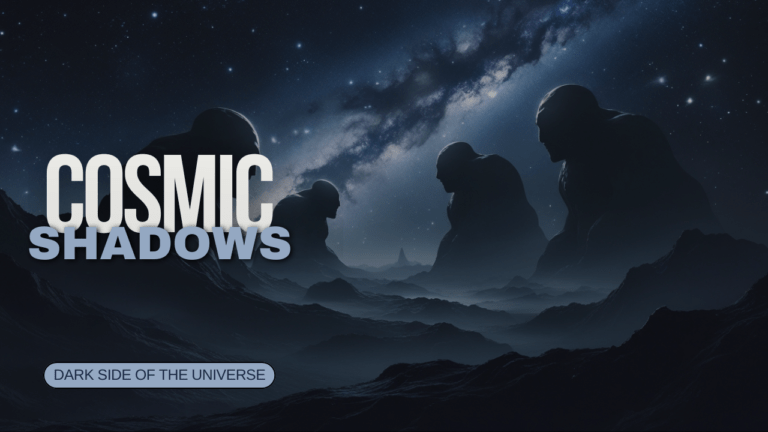
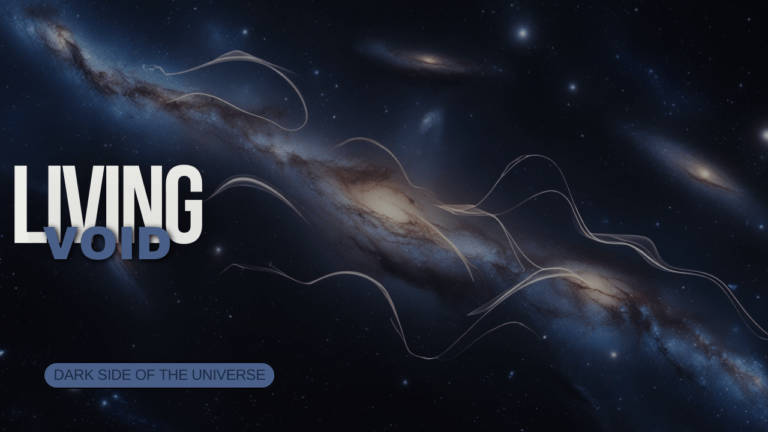
One Comment
Comments are closed.